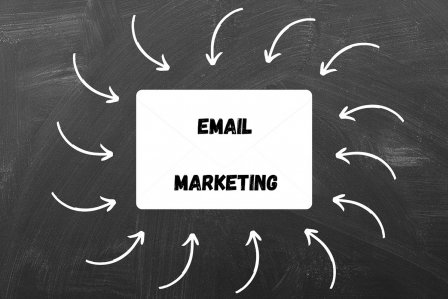
What is CRM software and what is it for?
In this new article on the BCM Marketing blog we tell you exactly what we mean when we talk about a CRM and what features and benefits it has for the company.
What is a CRM?
CRM (Customer Relationship Management) is software that allows companies to create a history of all interactions with their leads and potential customers, allowing them to quickly know the status of the lead and its position in the conversion funnel.
It is commercial software for managing the company's database. This database manages three important aspects such as:
- The marketing strategy.
- Business management.
- Customer service.
By having all this information centralised in the same software, the marketing, sales and after-sales teams can act in a coordinated manner and address the user at the right time and with the right message.
What is a CRM for?
For the commercial and sales team, in addition to the digital marketing professionals, the use of CRM software in the company is especially useful to ensure that the strategy is directed towards the right leads. These are the main advantages of a CRM:
- Improve the personalisation of messages, since we have up-to-date information on the lead or potential customer at all times.
- It allows you to track the customer's life cycle, since we can quickly know the status of the lead in the sales funnel.
- Prevent leads from getting lost along the way, as we have all their history recorded.
The 3 types of CRM according to the objective of your company
Next, we are going to discover the main differences between the three types of CRM available in the market, and which could be the ideal software to meet the needs of your company:
1. Operational CRM
An operational CRM is designed to simplify the management of business processes in order to help the company generate new leads, convert them into customers and offer them the added value necessary to retain them in the portfolio.
Operational CRMs achieve these goals through their three main characteristics:
- Marketing automation.
- Sales automation.
- Automation of services.
2. Analytical CRM
An analytical CRM is based on the collection and analysis of data to help companies know how to offer a better service to their customers. They are used to analyse data such as customer preferences, their contact details and other information collected from both online and offline channels.
The most crucial components for most analytical CRMs are:
- Data storage.
- Data mining.
- OLAP (online analytical processing) tools.
3. Collaborative CRM
A collaborative CRM allows information to be freely shared between the marketing, sales and service departments of a company in order to improve the ability to understand the needs and interests of the client.
The main components of collaborative CRMs are the following:
- Interaction management.
- Channel management.
Advantages of using a CRM in your company
- Real-time information: Centralises all the information on your clients, as well as daily updates so that you kthat you are able to know everything you need to about your clients at all times.
- Broaden the business vision: Thanks to the centralisation of information, managers and team leaders can have a broader vision of the business. Through this tool, the chances of making the right decisions are much greater.
- Customer loyalty: The better organisation of information along with better internal collaboration is something that customers also perceive. By offering better personalised attention, much more effective marketing strategies and better sales processes, you will be able to retain your customers.
- Increase in productivity: Another great advantage of using a CRM is the gain in productivity, since it facilitates the preparation of reports for each area of our company, helping to improve processes and make them more efficient.
- Reduced software costs: Most of this software works with a SaaS (Software as a Service) model. That is, you only pay for what you use, and if you need a more complete solution over time, you just have to move to a more advanced plan.
Top 5 CRMs available in the market
Here we present 5 possible CRMs that you could use in your company.
Hubspot
The HubSpot CRM platform includes all the tools and integrations you need for digital marketing, sales, content management, support and operations.
Salesforce
Salesforce CRM is #1 on the market today. It allows you to manage contacts, manage sales opportunities and customise the characteristics for each department of the company.
Zoho
Zoho's CRM software allows for the integration of popular applications such as Office365, Twitter, and LinkedIn, among others. It helps automate all company processes, also offering security and delivery of results and performance.
SugarCRM
The SugarCRM platform offers relevant results for your marketing and sales strategy, with a simple platform that adapts to all types of businesses, automating processes effectively.
Pipedrive
Pipedrive's CRM software is easy to set up and simple to use. It allows the integration all the contact channels for leads and customers, as well as automatically monitoring and following your sales process.
At BCM Marketing we have experience in varying CRM software and in the use of relationship marketing and customer management platforms. Do not hesitate to contact us to resolve any questions in this regard. We will be delighted to help you.











